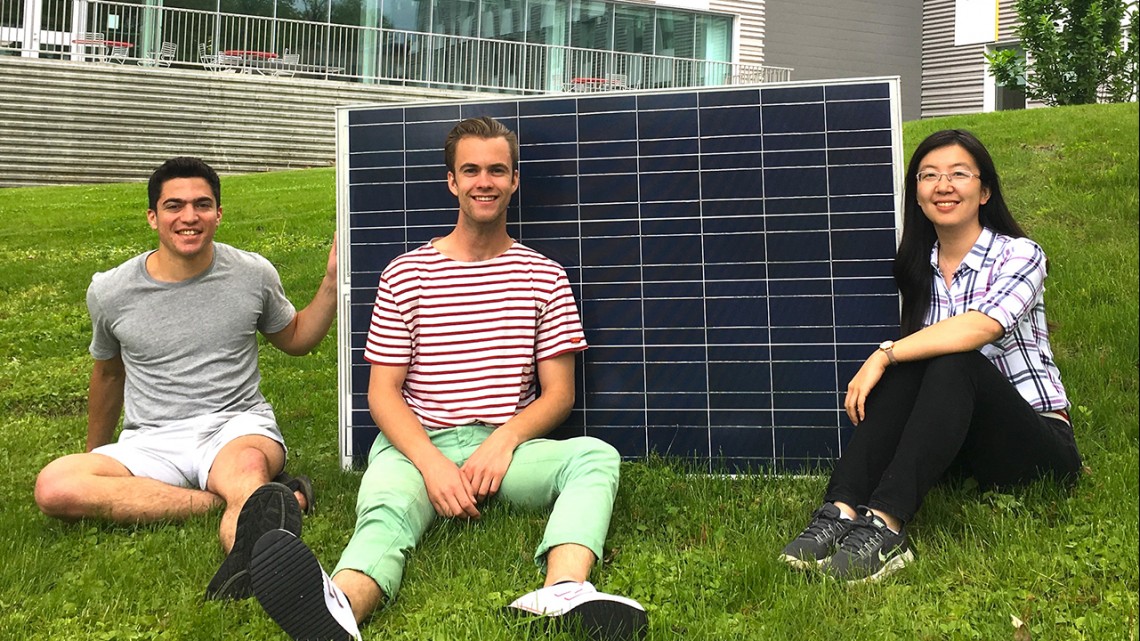
By adding utility-scale solar farms throughout New York state, summer electricity demand from conventional sources could be reduced by up to 9.6 percent in some places.
But Cornell University engineers caution that upstate winters tell a different tale. With low energy demand around midday in the winter, combined with solar-electricity production, New York’s power system could face volatile swings of “ramping” – which is how power system operators describe quick increases or decreases in demand.
“It’s a very surprising finding,” said senior author Max Zhang, associate professor at Cornell’s Sibley School of Mechanical and Aerospace Engineering. “When are you going to have maximum ramping take place in New York? It’s not going to be in the summer when the solar power is the highest and the needs are more balanced. It turns out to be in the winter. When you have several days of sunshine in a row during winter, that causes the largest ramping on the power system in New York state.”
The paper, “Strategic Planning for Utility-Scale Solar Photovoltaic Development – Historical Peak Events Revisited,” was published in Applied Energy. In addition to Zhang, co-authors are Cornell doctoral candidates Jeff Sward and Jiajun Gu, and Jackson Siff.
Ramping makes the grid less efficient, because system operators then must employ natural gas or other carbon methods to keep up with demand, Sward said. “This paper can inform regional development trends and could lead to the improvement of electricity transmission from upstate to downstate.”
“The increasing ramping requirement will be a challenge in pursuing our renewable energy target,” said Zhang, “but it can be met with flexible resources, both in the supply and demand sides, as well as energy storage.”


